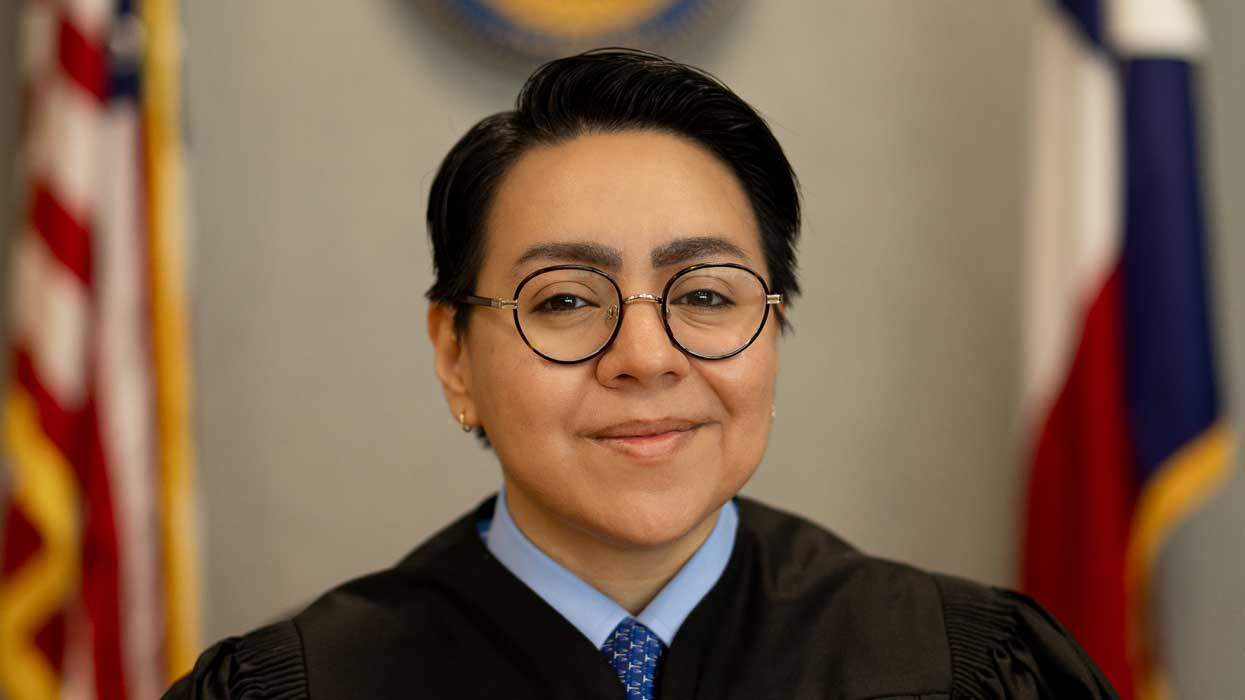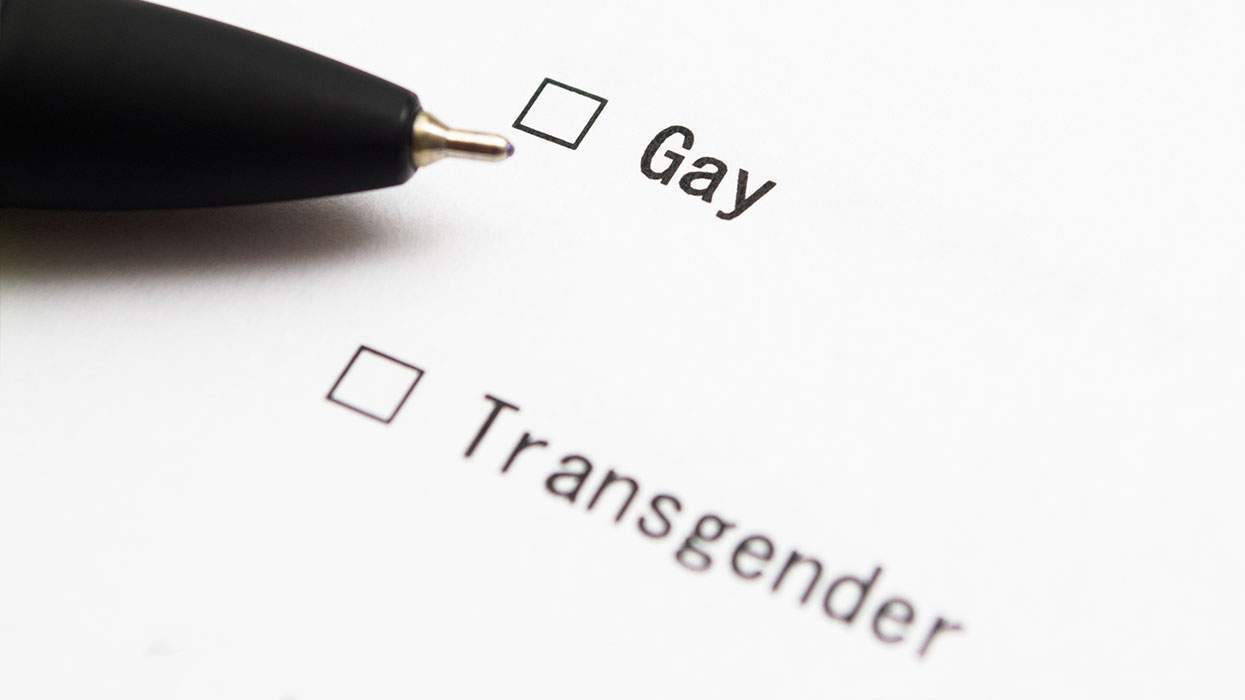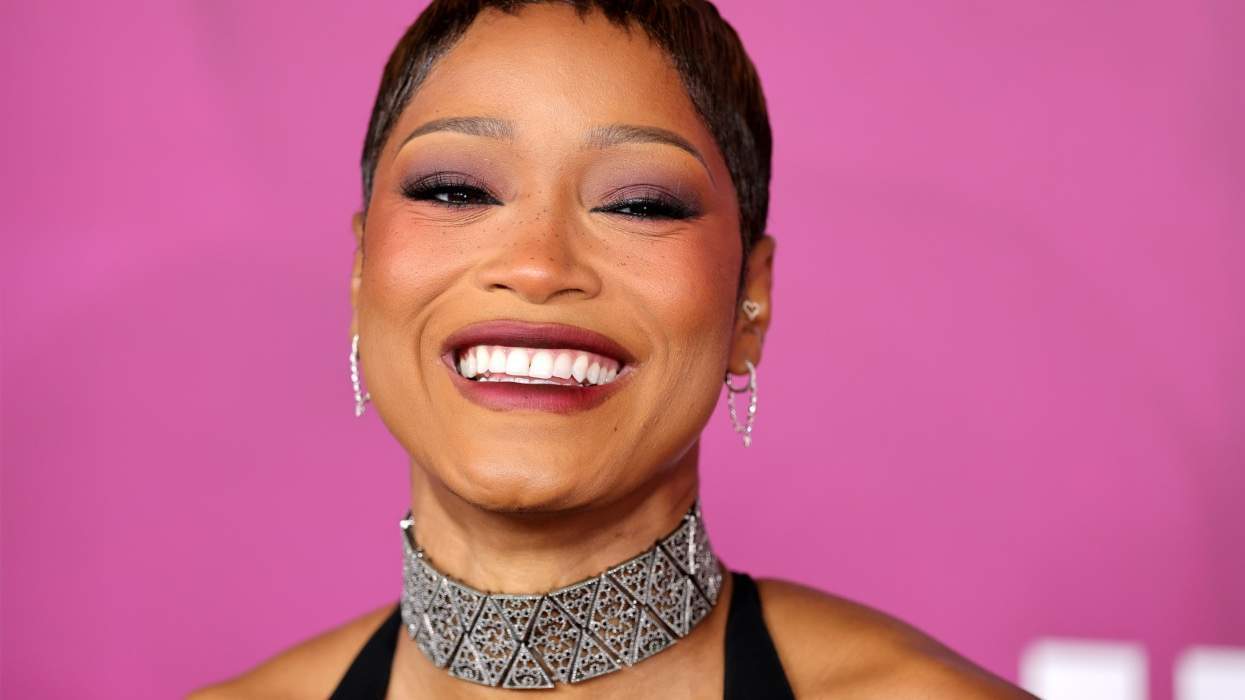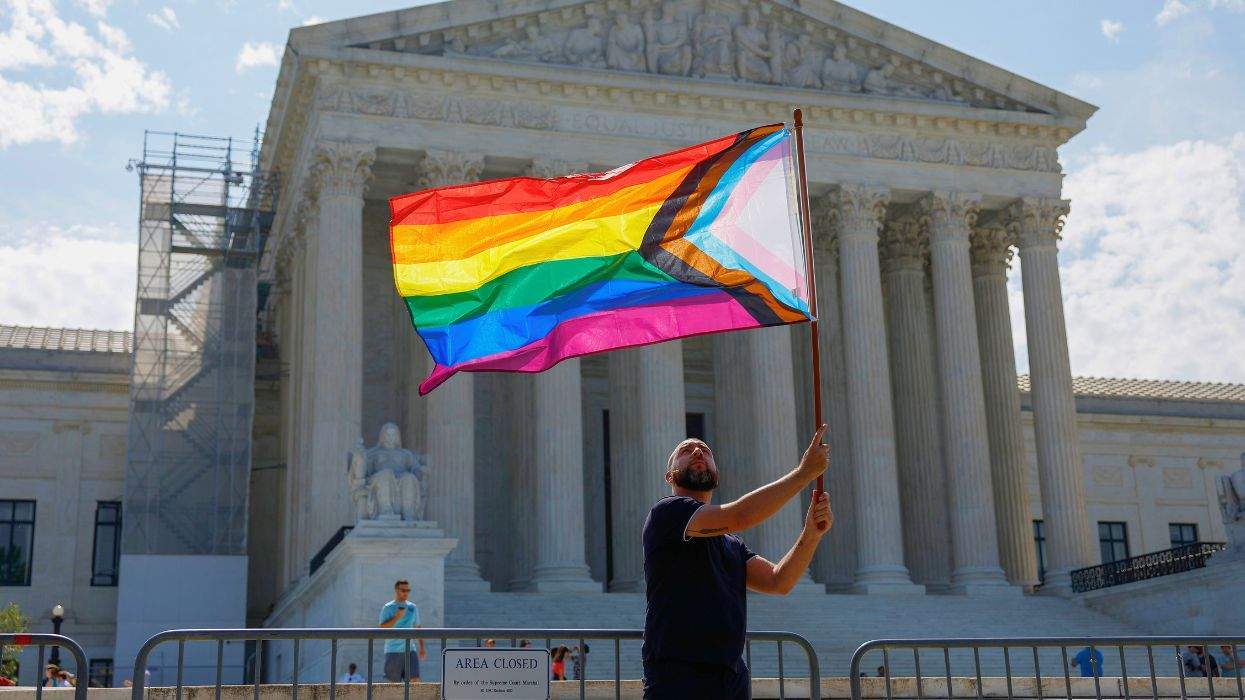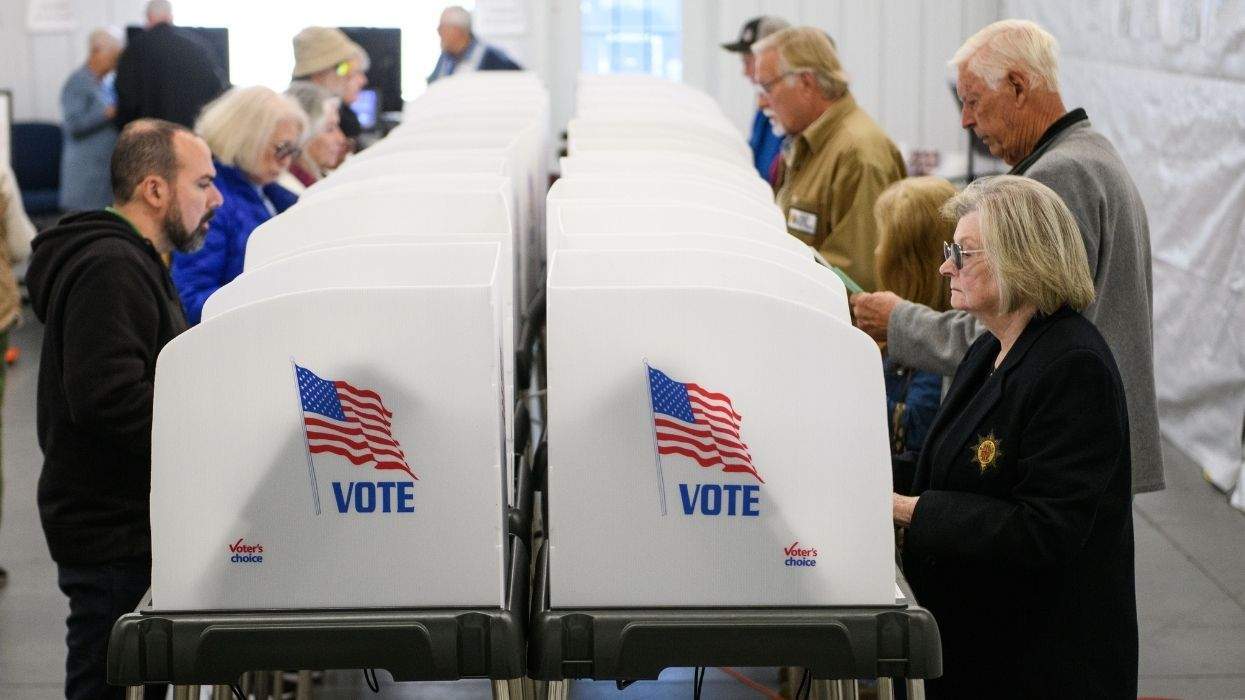Originally introduced in 1956 as a love interest for Batman (whose questionable relationship with Robin had come under heavy fire), Batwoman was a camp character who accompanied the Dark Knight on many adventures before fading into comic book obscurity. When DC Comics dusted off the character in 2006, it reintroduced her as a kick-ass lesbian named Kate Kane, a former member of the U.S military who was romantically linked to Gotham City police detective Rene Montoya. Unfortunately, the comics company received a fair amount of backlash for introducing a high-profile LGBT character and plans for a Batwoman solo series were placed on hold.
Since then Batwoman has grown in popularity among both gay and straight fans alike, with the character making a number of appearances in other titles. She was even the star of a 12-issue run in Detective Comics last year, the same title where Batman made his historic first appearance in 1939.
September 14 will mark another historic achievement for DC when Batwoman #1 lands on bookshelves (and digital devices) around the world. She'll be the first LGBT character to have her own ongoing monthly comic book from a mainstream publisher. Artist and cowriter J.H. Williams sat down with The Advocate to share his secrets on avoiding the perils and pressures that come with working on DC's biggest gay icon and why he thinks Batwoman will continue swinging over Gotham City for years to come.
The Advocate: Batwoman is the highest-profile gay superhero to have her own ongoing monthly comic from a mainstream publisher. Do you feel pressure because of that?
J.H. Williams: Yes, I do, but not necessarily in a bad way. I feel the pressure, but I have confidence in it too. For me, the pressure comes from wanting to make sure we're telling a good story. The political aspects -- in terms of her being a gay character -- are irrelevant to me because I'm just writing a good character. I think that is probably the smartest way to approach it instead of worrying about any sort of media feedback the story could possibly generate. It's more important for me to treat the character the same way I would treat any other character. That means respecting the way Kate Kane's story is told. In this case, it's an interesting situation because we are dealing with a gay character, so those aspects can't be ignored, but they have to be told within the framework of the story. It's got to all fit into the bigger picture.
Did you have any concerns working on a book like this?
I want the series and the character to have a unique voice in comparison to any other superhero title. Not because she's gay, but because I want to tell a unique story. However, there's a danger with superhero comics when you try to do something different. There's a fine line because it could easily become too boring, too esoteric, or too off-the-beaten path for the average fan. So for me there's a concern about walking that line between doing something unique and still keeping those same captivating aspects that all good superhero comics should have.
Gay characters in comics have often been portrayed as two-dimensional cliches. Do ever worry about falling into that trap with Batwoman?
I can't help but think about it. It's in the back of my mind when I'm writing scenes with the characters, but first and foremost I try to shove it away and just concentrate on telling a good story with good characters and portray her life realistically -- especially in terms of her personal life. That nullifies any generic myths that other titles maybe represented in the past. It all boils back down to us wanting to do the best job we can and be thoughtful and creative with the story. I guess it's the same approach I would take with any character. You could easily say that any superhero character has had generic interpretations throughout comics. It's just a matter of trying to take those ideas and make them fresh while remaining true to who the character is.
Lesbian characters and female superheroes both have a history of being overly sexualized.
I approach Batwoman the same way I've always approached female characters in my other projects. I think the trick is making sure she is a person first and woman second. So many times characters get stereotyped or become too much of a symbolic image rather than a real character. Once that happens you're no longer trying to write a person you're trying to write a superficial idea. I think by approaching her as a real person, it makes it easy to approach any sexual aspect in a more respectful and tasteful manner. Everything becomes less overt. It's not about trying to create cheesecake or eye candy or anything like that. Any sexuality has to come from the character and the story itself.
Can human sexuality be properly portrayed through comics?
Sure, but it can also easily be modified to be superficial and that's not what we want for this character. When I see superficiality in terms of sexuality within the context of a story it's a turnoff. It's just trite and trivial. There's no heart to it. There's no meat to giving it the depth that it needs. Any sexual portrayal in Batwoman has to come from who she is as a person. What does she want in life? Who are the people around her? Who does she want to have a relationship with? When you approach sexuality from the point of view of story, the visual aspect of that is going to follow suit and not oversensationalize anything.
Batwoman is tied to Batman, one of the most iconic characters in the DC universe. How does that affect the types of stories told with her?
She's definitely tied to Batman in certain ways, but when her story was developed he didn't bring her in as a member of his team. Batman was more like an inspiration to her. She saw what he was doing and said, "Hey, I can do that myself." I guess you could say she stole the idea from him and applied it to herself. That changes how her stories are told because they don't have to be directly connected to Batman. Of course, the stories that happen in the Batman books may have an impact on her because they all exist in the same city and framework, but for the most part she has her own things to deal with. I think that makes her a stronger character. It's important for us to create Batwoman's own little pocket of the universe that can be associated directly to her in order for her to have any longevity as a real character. For example, if we have her fight some Batman villain, like the Joker, at that point it becomes Batman's story and I just don't think that's the right thing to do for quite a while.
See exclusive panels from Batwoman on the next two pages.



